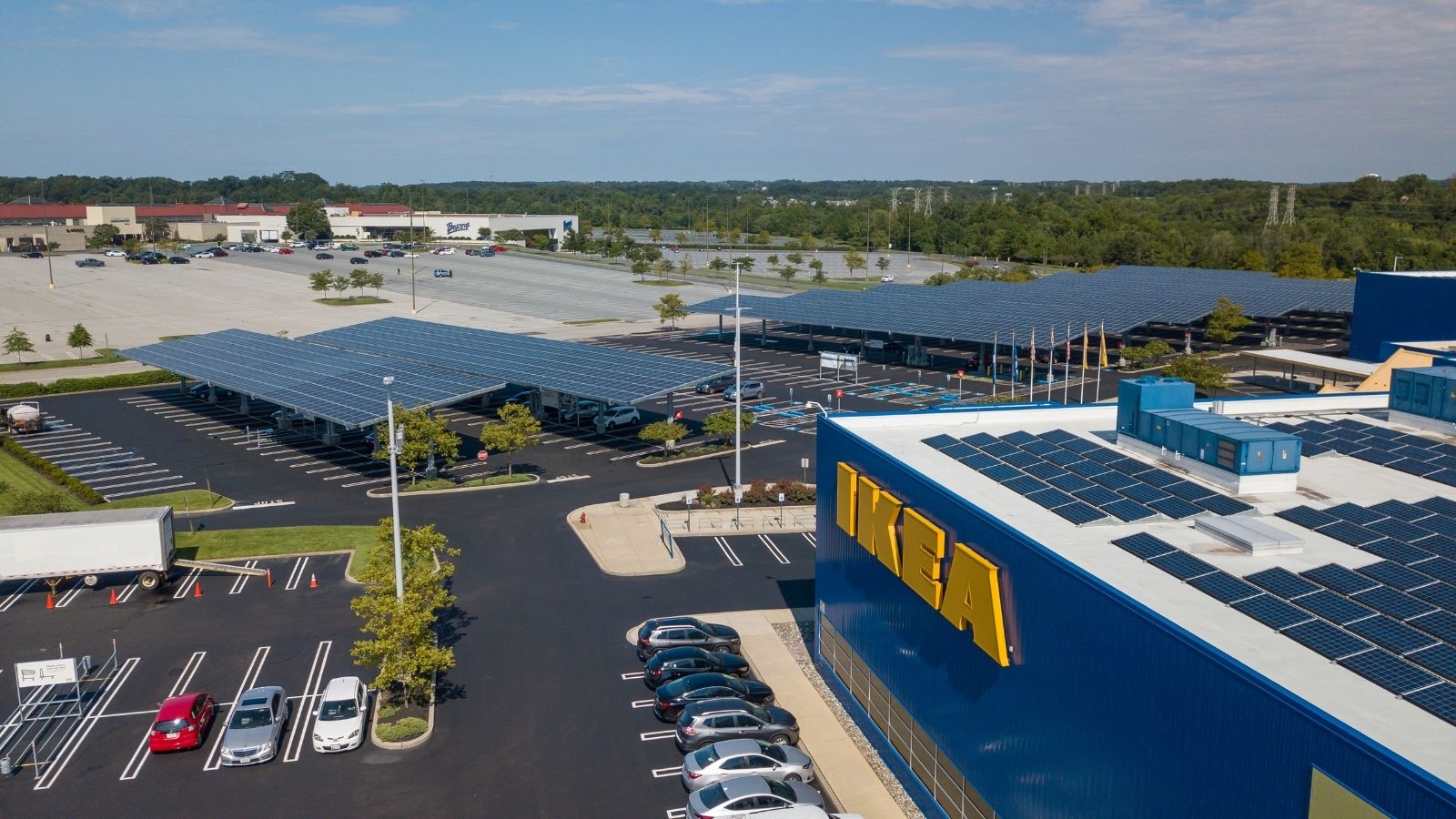
New Report: Austin and San Antonio Lead Texas in Solar Energy
Though Texas has greater solar energy potential than any other state in the nation, it is ranked just 13th in total solar energy installations. The solar energy facilities that have been installed in the state are concentrated in San Antonio and Austin, where those cities’ municipal electric utilities have adopted policies to promote solar energy.
Though Texas has greater solar energy potential than any other state in the nation, it is ranked just 13th in total solar energy installations. The solar energy facilities that have been installed in the state are concentrated in San Antonio and Austin, where those cities’ municipal electric utilities have adopted policies to promote solar energy.
Our new report, Reaching for the Sun, documents the extensive solar energy investments that have been made as a result of support from Austin Energy and CPS Energy in San Antonio. Rooftop and utility-scale solar energy projects supported by those two utilities account for more than 85 percent of the solar energy capacity supported by all electric utilities statewide.
Austin Energy and CPS Energy have established goals for adding solar energy to their electricity generating mix. For several years, the utilities have offered financial incentives to customers to install solar energy, which has boosted residential and commercial use of solar energy, and have driven construction of utility-scale solar farms.
This commitment to solar energy has reduced air pollution and cut global warming pollution while generating electricity that doesn’t further strain the state’s limited water resources. At the same time, Austin Energy and CPS Energy have been able to offer their customers lower electricity prices than the average price paid by customers of Texas’ other largest electric utilities—companies that have invested little in solar energy.
Texas should take advantage of its solar energy potential by following the lead of San Antonio and Austin and adopt a range of policies to promote solar energy development.
Topics
Authors
Elizabeth Ridlington
Associate Director and Senior Policy Analyst, Frontier Group
Elizabeth Ridlington is associate director and senior policy analyst with Frontier Group. She focuses primarily on global warming, toxics, health care and clean vehicles, and has written dozens of reports on these and other subjects. Elizabeth graduated with honors from Harvard with a degree in government. She joined Frontier Group in 2002. She lives in Northern California with her son.
Find Out More

Businesses, it’s time to think on top of the box

Dazed and confused: A bewildering new landscape could face California solar consumers

State clean energy leadership is providing hope in the fight against climate change.

